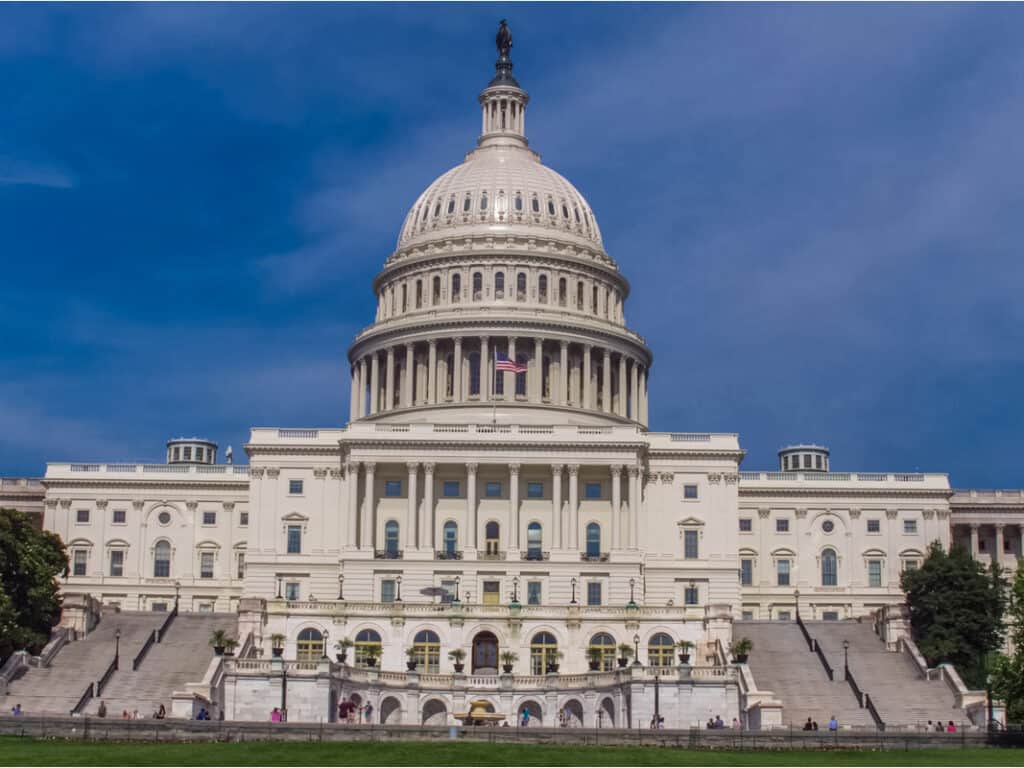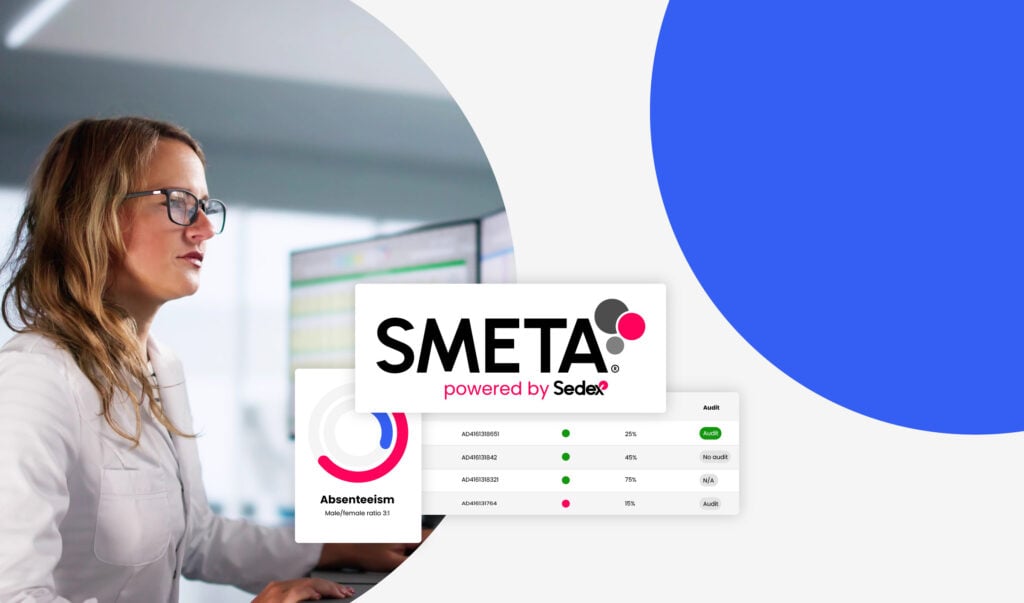Enhancing Supply Chain Sustainability with Environmental Data
Environmental sustainability is now a vital aspect of supply chain management. In today’s world, where climate change and resource depletion are pressing concerns, businesses face increasing pressure to operate in an environmentally responsible manner. One key tool in achieving sustainability is environmental data collection, which offers valuable insights into the environmental impacts of sourcing, production, and logistics. By harnessing this data, organisations can pinpoint areas for improvement, set meaningful sustainability goals, and make informed decisions to reduce their environmental footprint.

The Importance of Environmental Data in Supply Chain Sustainability
Environmental data is crucial for informed decision-making and responsible operations. It provides deep insights into the environmental impacts of various operations, including sourcing, manufacturing, and logistics. With this knowledge, businesses can proactively address risks related to environmental regulations, resource scarcity, and climate change challenges. Moreover, environmental data supports compliance with environmental standards and regulations, minimises legal liabilities, and promotes sustainable practices throughout the supply chain.
Additionally, environmental data plays a critical role in enhancing supply chain resilience. By understanding the environmental footprint of their operations, companies can identify vulnerabilities and potential disruptions caused by climate change, such as extreme weather events, resource scarcity, and shifting regulatory landscapes. This awareness allows businesses to develop strategies to mitigate these risks, ensuring a more resilient supply chain. For instance, by identifying suppliers in regions prone to climate-related disruptions, companies can diversify their supplier base or invest in local resilience-building measures. This proactive approach not only secures the supply chain against environmental risks but also contributes to long-term sustainability and operational stability
Challenges in Gathering Supplier Environmental Data
Gathering supplier environmental data is a critical component of supply chain sustainability, but it is not without challenges. Suppliers may be resistant to sharing environmental data due to concerns about confidentiality, competitive advantage, or a lack of understanding of the benefits of data sharing. Additionally, there is often a lack of standardised data collection methods, making it difficult to compare data from different suppliers. Furthermore, many suppliers, particularly small and medium-sized enterprises (SMEs), may have limited resources and capabilities to collect and report environmental data. These challenges can hinder organisations’ efforts to comprehensively assess and manage the environmental performance of their supply chains.
Analysing and Utilising Supplier Environmental Data for Sustainability Improvements
Analysing and utilising supplier environmental data is key to driving sustainability improvements. Establishing environmental performance indicators (KPIs) provides quantifiable metrics to measure suppliers’ impacts. Robust data collection and reporting systems, along with data analytics, uncover insights and patterns, enabling targeted actions and continuous improvement. Collaboration with suppliers fosters a culture of sustainability and empowers them to adopt sustainable practices.
Case Studies: Success Stories in Enhancing Supply Chain Sustainability through Environmental Data Collection
Environmental data collection has emerged as a powerful tool for companies to enhance supply chain sustainability. Successful case studies showcase the notable achievements of organizations that have embraced data-driven approaches to managing their environmental performance.
Patagonia, a renowned outdoor apparel company, stands as a beacon of environmental stewardship. Through a comprehensive environmental data collection program spanning its entire supply chain, Patagonia has gained invaluable insights into its environmental impacts. This knowledge empowers the company to identify and mitigate risks, track progress towards sustainability goals, and engage suppliers in collaborative efforts. As a result, Patagonia has achieved significant reductions in its carbon footprint and water usage, setting a positive example for others to follow.
Unilever, a global consumer goods leader, has also distinguished itself in the realm of supply chain sustainability. By developing a Supplier Environmental Sustainability Assessment Tool, Unilever meticulously evaluates the environmental performance of its suppliers. This tool collects crucial data on energy consumption, greenhouse gas emissions, water usage, and waste generation. Armed with this information, Unilever identifies suppliers with high environmental impacts and collaborates with them to develop and implement improvement plans. This strategic approach has yielded positive results, leading to substantial reductions in the environmental footprint of Unilever’s supply chain and contributing to the company’s overarching sustainability goals.
These success stories underscore the importance of collaboration, data-driven decision-making, and continuous improvement in achieving supply chain sustainability.
Unveiling Sedex’s Next Innovation
As we delve deeper into the significance of environmental data in supply chain sustainability, we’re thrilled to announce that Sedex is developing a solution to streamline the process of environmental data collection. Our upcoming solution will improve the way you manage environmental sustainability in your supply chain.
With standardised data collection tools and methodologies, automated processes, enhanced reporting capabilities, and comprehensive training, our solution will empower you to:
- Gain more visibility across your supply chain with in-depth environmental insights.
- Track your progress year-over-year to meet your sustainability targets.
- Identify data gaps to ensure comprehensive environmental coverage.
- Collect data to support regulatory requirements, reducing compliance risks.
For more information about how Sedex can help you enhance your supply chain sustainability efforts, please speak to our team or your account manager. Don’t miss out on this opportunity to transform your supply chain sustainability.



